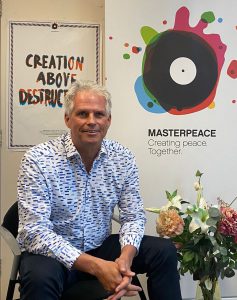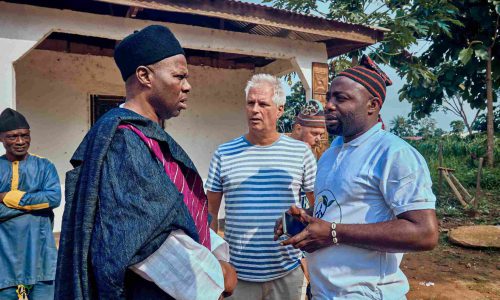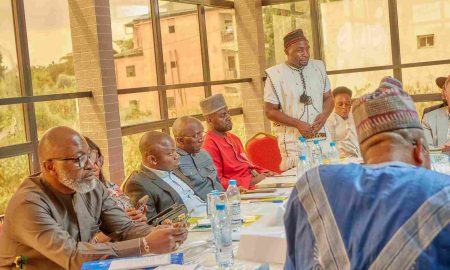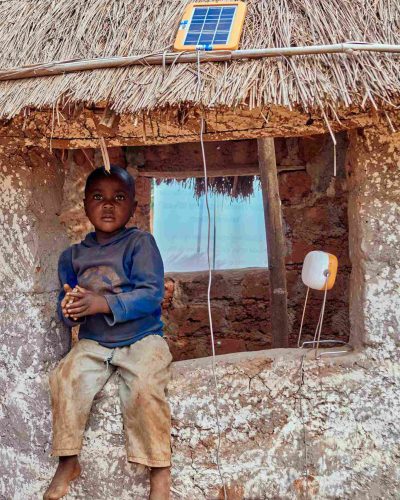Cameroon Renewed: Bridge Builders to Drive Transformation in Cameroon

Aart Bos
MasterPeace Global Leadership
Last week I visited the beautiful country of Cameroon with a country size similar to France. The 28 million people live 50 -50 in urban and rural areas. Cameroon is one of the most fertile lands and green countries I ever visited, fully aware that 35-40 % of its population lives below the poverty line.
Our visits’ focus was to boost the impact and understand the progress of our project “Cameroon Renewed” that we run (co-funded by Erasmus Plus) together with our friends of Noorderpoort; https://noorderpoort.nl/; APRO International (https://international.aproformazione.it/en/) and three local NGOs as implementing partners (https://hope4abetterfuture.com/; https://www.sopisdew.org/ https://fap-cameroon.page.tl/.
Our approach is to train local trainers on renewable energy (by the experts of Noorderpoort), social entrepreneurship and growth mindset (by experts of APRO). Based on their new capacities, they train 200 youngsters and 100 engineers from business (learning by doing).
Our impact is creating sustainable jobs, growing the educational portfolios of TVET training centers, and implementing community projects to improve communities’ prosperity.
Putting the spotlights on Cameroon and its domains related to our project:
- Quality education is a key theme that needs improvement. Funding, less overcrowded classrooms, quality curricula, and trained teachers will boost the prosperity of children, students, and society at large
- Access to electricity, as this influences the daily lives of all (they face so many electricity cuts a day). What struck me is the divide between urban and rural. In urban cities like Yaoundé and Douala, almost 90% have access to the national energy infrastructure. In rural areas, this is only a poor 20-25%. Lack of access impacts safety, daily life, productivity, and job perspectives. Renewable energy has a clear Return on Investment business case!

- Power dynamics are shaped by a blend of formal and informal structures that influence governance, social order, and economic activities.
- Formal Power: Its political and administrative institutions define the formal power structure. Cameroon is a republic with a strong presidential system. Formal governance also includes regional and local authorities;
- Informal Power: Informal power in Cameroon operates through traditional and social networks that often bypass formal institutions. Traditional chiefs and community leaders hold significant influence, especially in rural areas. They mediate disputes, enforce local customs, and have a say in local development issues. Informal economic activities play a crucial role, an estimated 90 % of the population are engaged in the informal sector due to high unemployment and bureaucratic hurdles in the formal economy;
- Interplay of Formal and Informal Power: The interplay between formal and informal power in Cameroon is complex. While formal institutions govern the country, they often coexist with and sometimes rely on informal structures to maintain social order and deliver services. Patronage networks and personal connections influence decisions and access to resources. This dual system poses challenges for governance and development

It is not easy to drive the transformation of Cameroon’s societies in this context, but we identified key elements of opportunities. In my learning, it is evident that trusted and competent institutions like our 3 local NGOs are ideally suited to bridge the gaps between policies agreed upon by the formal institutions and societies led by informal leaders like chiefs and even Kings.
The 3 local NGOs prepared well for our visit. Formal powers will support our projects ‘sustainability as they understand that our goals align with their policies.
During our meeting in #Foumbot, we received the heartfelt support of regional key stakeholders:
- The Senior Divisional Officer of the Noun.
- The Regional Delegates of the Ministry of Employment and Vocational Training (MINEFOP) for the North West and West Regions.
- The Regional Delegates for Small and Medium Enterprises North West and West Regions.
- The Regional Director of National Employment Funds North West and West Region.
In Yaoundé, we met the secretary general of the Ministry of Education. She is a great connector, as she invited our teams to co-create using their vocational training Centre. Vocational training is one of their top three key priorities.
Our strength is that we align globally via Noorderpoort’s expertise on renewable energy, APRO International’s expertise on social entrepreneurship, and MasterPeace’s global grassroots network for scaling, communication, and dissemination. All three play a second-line supporting role to the three local trusted NGOs who co-create based on shared objectives and regional trusted networks in formal and informal powers.

During our visit, we met informal leaders who were able to sign a Memorandum of Understanding to train 10 youngsters, perform needs analyses, and design an implementation plan. The first phase will be July- December 2024 in 26 villages with 70.000 inhabitants.
This project is a great example of fostering prosperity, creating a jobs perspective, and building bridges with and between formal and informal powers by local trusted changemakers who excel as drivers of transformation. Cameroon will indeed be Renewed!
